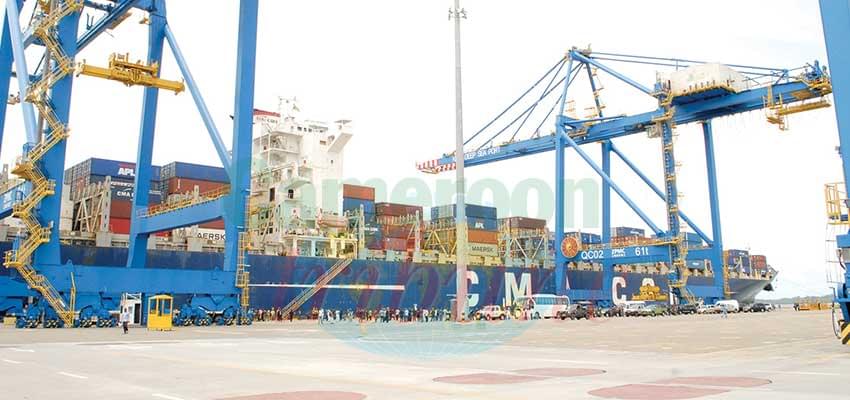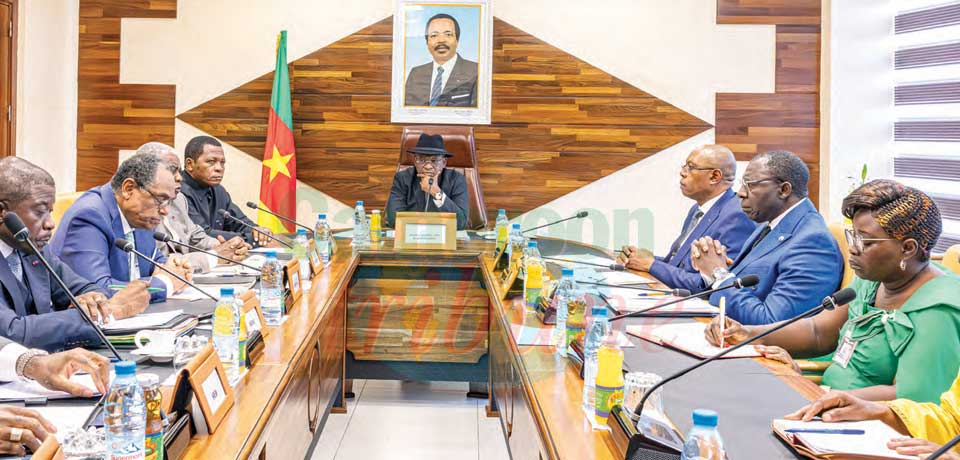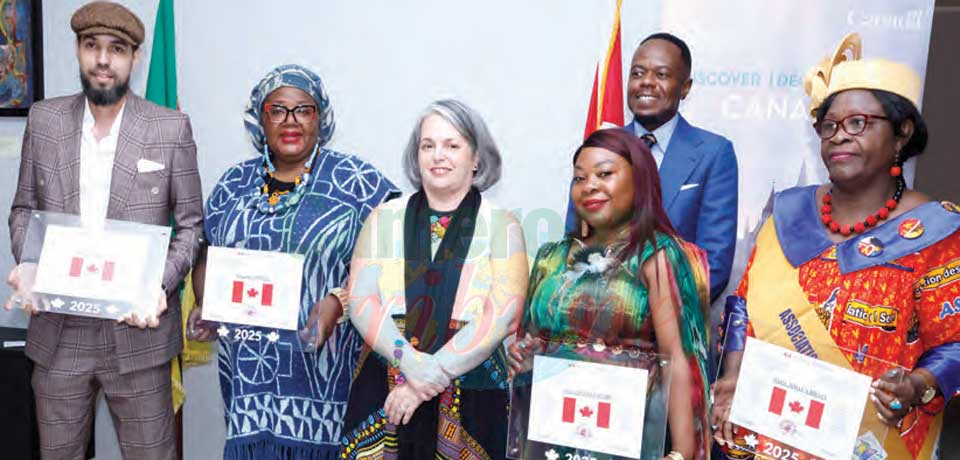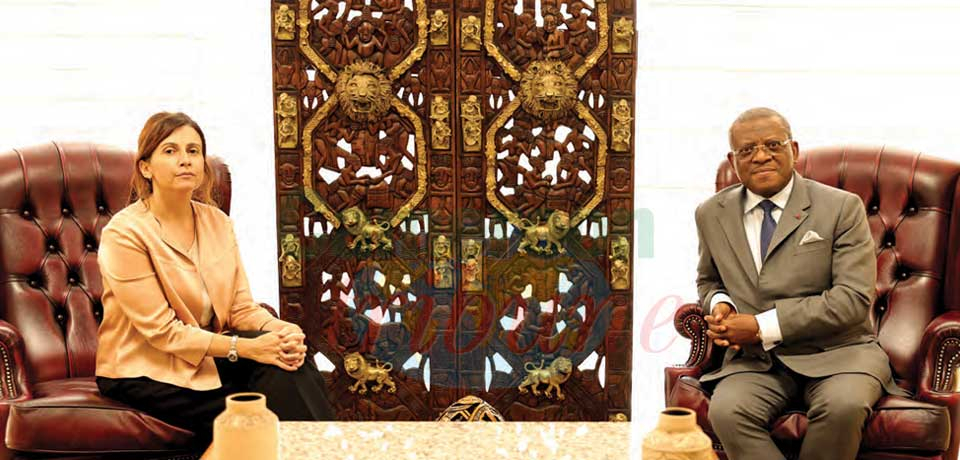Facing the Tides with Growing Determination
- Par LUKONG Pius NYUYLIME
- 06 Nov 2019 11:58
- 0 Likes

Implementation of second generation projects, public finance management and cleansing of the business climate are among the milestone covered but the road remains long.
It can be strange to see an individual, a community or a country celebrate failure. Yet failure to those who can explore and exploit opportunities remains key to success. One year ago, President Paul Biya who is at the same time celebrating 37 years of power opened floodgate for another seven-year term. In his inaugural speech, he told lawmakers and the nation as a whole at the Ngoa Ekele Glasshouse ceremony that he will pilot the nation with the objective of consolidating what has been achieved and exploring new avenues that will enable the country make use of all the opportunities offered by an ever-changing world." In this light, we will naturally pursue our structural reforms to consolidate our fiscal balance and bolster our debt sustainability," he said. This commitment was being made taking into consideration the country's economic challenges among which from a macroeconomic angle are: stagnant per capita income, a relatively inequitable distribution of income, endemic corruption, continuing inefficiencies of a large parastatal system, and a generally unfavorable climate for business enterprise among others.
Fortunately, the country's potentials rekindle lots of hope and offer lots of opportunities, which will, during President Biya's seven-year term, serve as a solid projectile foundation. In effect, talk of Cameroon and minds will quickly run to a country with a market-based, diversified economy featuring oil and gas, timber, minerals, agriculture, and the service sector. Oil remains the country's main export commodity, and despite falling global oil prices, it still accounts for nearly 40 per cent of exports. Since 1990, the IMF has continued to press for economic reforms, including increased budget transparency, privatization, and poverty reduction programs. At the time President Biya took the new command baton on November 06, last year, the major challenges were mainly in the implementation of the second generation projects with focus on electricity and water supply, road construction and fostering of economic and financial reforms tailored by the Bretton Woods institutions.
One year maybe too short a time to make an evaluation of what has been achieved for a journey of seven years but it is important to make an assessment of how smooth the takeoff is especially as it concerns a system that has been in place for 37 years. For one year therefore, actions have so far hinged on pushing ahead the implementation of the second generation projects, economic/financial reforms and improving the business environment. As far as electricity supply is concerned, the term of office started with the signing in Paris of agreements for the financing of the 420 megawatt Nachtigal Hydroelectric dam project where 15 international lenders led by the International Finance Corporation (IFC) which is the World B...
Cet article complet est réservé aux abonnés
Déjà abonné ? Identifiez-vous >
Accédez en illimité à Cameroon Tribune Digital à partir de 26250 FCFA
Je M'abonne1 minute suffit pour vous abonner à Cameroon Tribune Digital !
- Votre numéro spécial cameroon-tribune en version numérique
- Des encarts
- Des appels d'offres exclusives
- D'avant-première (accès 24h avant la publication)
- Des éditions consultables sur tous supports (smartphone, tablettes, PC)














Commentaires